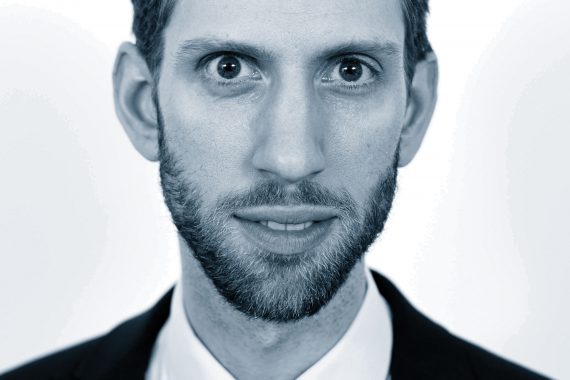We live in increasingly militant times. GPs are resisting pressure to intervene in otherwise healthy patients, and are rejecting NICE’s 10% risk threshold for statins. It is part of a turning of the tide on overmedicalisation at all levels of the NHS, or simply an illustration of how busy practices are. Either way, we’re starting to see a significant refusal to play ball.
Junior doctors are taking their fight over pay and conditions to the streets and – as I write – are set to be balloted on strike action. Pulse attended the march to Parliament last month and saw first-hand how angry junior doctors are.
Quite rightly, they are refusing to be bullied as the Government tries to bring in seven-day services on the cheap. As one junior doctor asked, how can it be right to ‘devalue the very staff that deliver frontline services’?
Similarly, GPs have suffered year-on-year funding cuts since 2005 and are still being asked to do more with less, leaving many practices fighting to stay open for their patients. There have been initiatives from the BMA, the RCGP and our own ‘Stop Practice Closures’ campaign to persuade the Government to act, but the message still doesn’t seem to be getting through.
The less said about health secretary Jeremy Hunt’s ‘new deal’ the better, and while last month’s announcement of a new voluntary GP contract from 2017 may be linked with more funding, it fails to deal with many of the real issues. Being forced to open seven days a week will only worsen the GP recruitment crisis, and getting rid of QOF funding while still asking practices to record the work is little short of ludicrous.
Anger at the Government spilled over at the recent Pulse Live meeting in Liverpool, where GPs debated resigning en masse. The feeling was that may be a step too far, but there was consensus that GP leaders need to be more militant and consider options such as ‘working to rule’ or non-cooperation with the CQC.
Mr Hunt, at least, has managed to unite the medical profession, but there is little sign he is serious about tackling the real problems his Government has made.
The Spending Review this autumn will be the litmus test. As hospital trusts report huge deficits, the temptation will once again be to use hard-won savings at CCG level to bail out secondary care to prevent negative headlines, rather than think creatively about how to ensure patients can be treated more effectively in the community.
This is the Government’s opportunity to ensure its promised £8bn NHS investment is front-loaded and targeted at primary care – the only way to ensure GP services are robust enough to take on additional capacity and prevent the NHS falling to its knees.
It will show if the Conservatives are serious about the NHS remaining a publicly funded service – but it will also be a watershed for GP leaders. Anything less than a serious injection of cash will raise major questions about the ‘softly softly’ approach they have taken to date and signal that a much more radical strategy is needed to get the Government to pay heed.
Nigel Praities is editor of Pulse
Pulse October survey
Take our July 2025 survey to potentially win £1.000 worth of tokens














